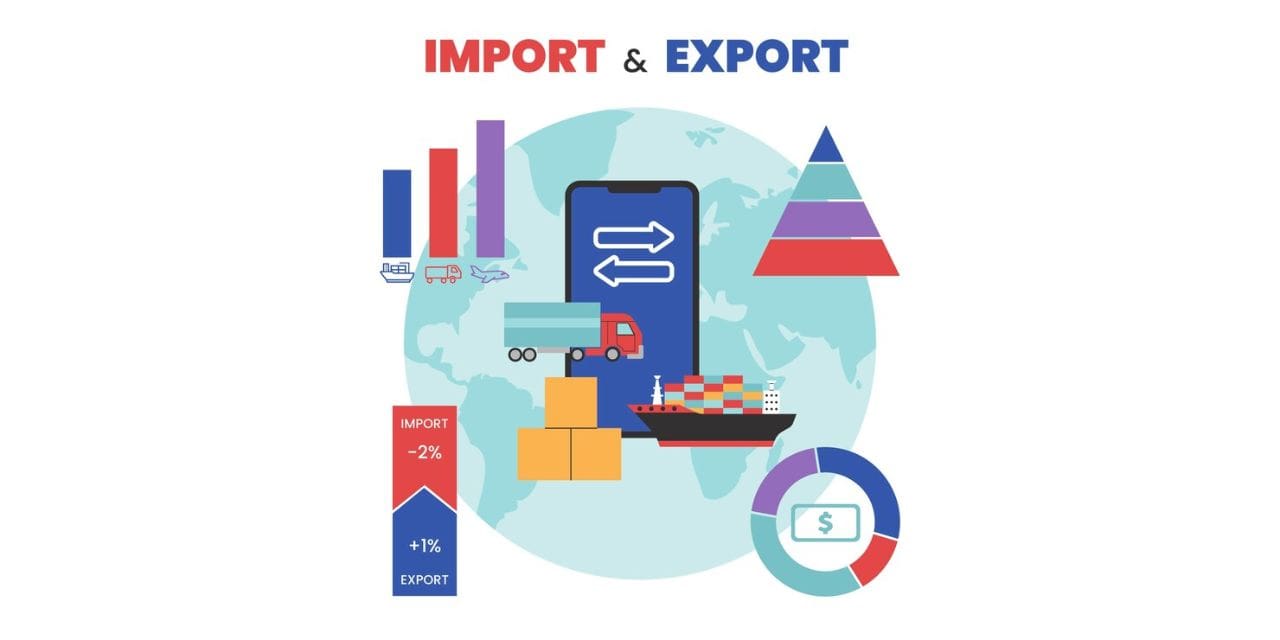The Indian government is implementing a new verification process to address anti-subsidy duties imposed by the US and EU on certain Indian exports. This comes after concerns were raised about the Remission of Duties and Taxes on Exported Products (RoDTEP) scheme, designed to be compliant with World Trade Organization (WTO) regulations.
The RoDTEP scheme replaced the Merchandise Exports from India Scheme (MEIS) in 2021. MEIS faced challenges from trading partners who questioned its transparency and the connection between benefits received by exporters and the input taxes they paid.
The RoDTEP scheme was designed to address these concerns by ensuring transparency and basing refund rates on embedded duties and taxes, such as those on fuel, electricity, and manufacturing processes. Despite these reforms, the US and EU imposed anti-subsidy duties on some Indian products receiving RoDTEP benefits. This included products like paper folders, aluminium sheets, and steel components.
According to officials, these duties were not imposed due to issues with the RoDTEP scheme itself, but rather because exporters struggled to demonstrate a clear connection between RoDTEP benefits and the input taxes they paid during inspections by importing countries.
The new verification system aims to bridge this information gap. A team from the Department of Revenue and the Directorate General of Foreign Trade (DGFT) will conduct random inspections of manufacturers whenever an importing country raises concerns about alleged subsidies.
During these inspections, the verification team will compare all input taxes paid by the selected manufacturer with the RoDTEP payments received. This will help demonstrate to the importing country that only the duties and taxes paid during production have been remitted through the RoDTEP scheme.
The DGFT is also collaborating with the Directorate General of Trade Remedies (DGTR) to educate exporters on the documentation process. This will empower them to independently prove that RoDTEP payments are legitimate compensations for input taxes and not export subsidies.
The new verification system and educational initiatives aim to address concerns raised by trading partners and ensure the smooth functioning of the RoDTEP scheme for Indian exporters.

